- Our School
- Our Advantage
- Admission
- Elementary•Middle School
- High School
- Summer
- Giving
- Parent Resources
- For Educators
- Alumni
Landmark 360 Blog
Practical, informative resources, tips, tools, and strategies for parents of children with learning disabilities written by experts in the fields of Learning, Learning Disabilities, Social & Emotional Topics, College Prep, and Teaching.
Now viewing articles in the category Learning Disabilities.
We’re Not Born Ready to Read
January 27th, 2025
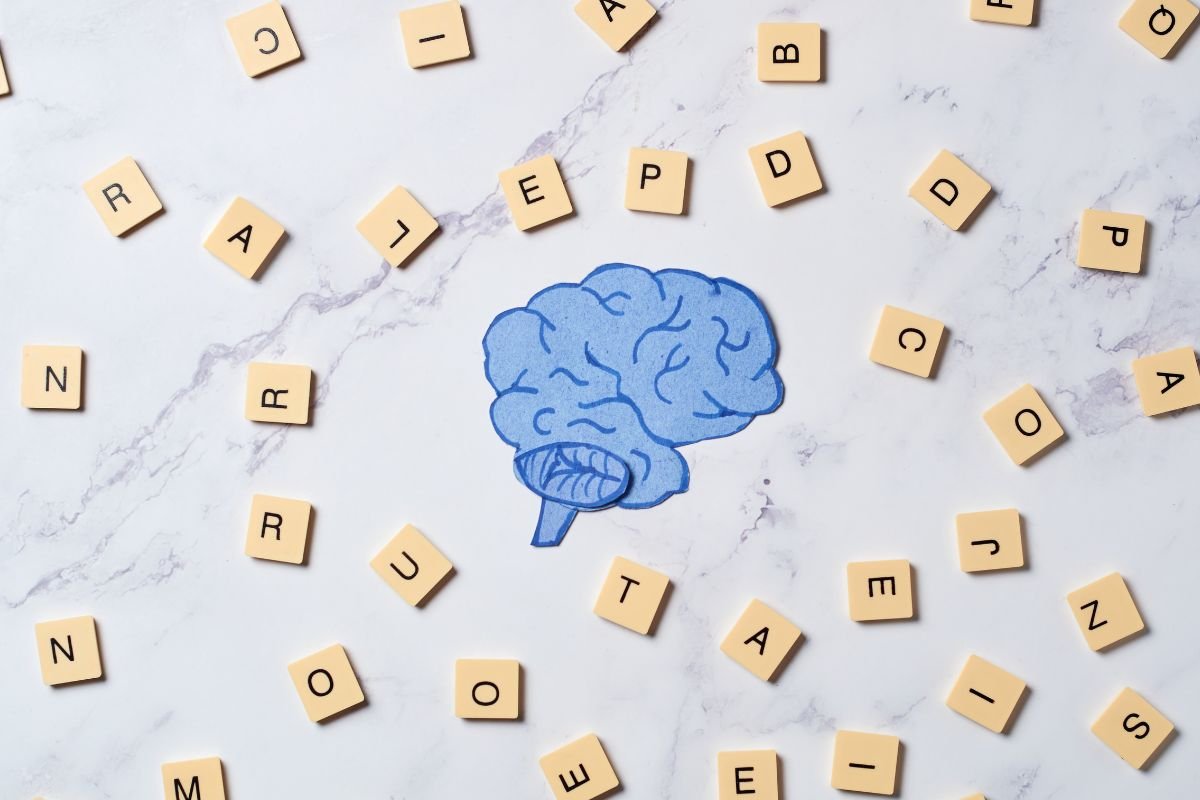
Discover how the brain learns to read, why it's not hardwired for reading, and how dyslexia affects neural pathways. Learn what parents need to know to support struggling readers.
Posted in: Learning DisabilitiesWhen Parents and Schools Disagree: A Roadmap for Resolving Special Education Disputes
December 12th, 2024

Learn how to navigate special education disputes with this step-by-step guide. Understand key processes like mediation, resolution sessions, and administrative hearings under IDEA to advocate effectively for your child’s education.
Posted in: Learning DisabilitiesNavigating Special Education Law: 3 Essentials Every Parent Should Know
December 9th, 2024

Understanding special education law is crucial for parents advocating for their child's education. This article outlines three essential concepts—FAPE, LRE, and the importance of evaluations—to help parents navigate the system effectively.
Posted in: Learning DisabilitiesPsychoeducational and Neuropsychological Evaluations Explained
September 1st, 2024

Learn about the differences between psychoeducational and neuropsychological testing for children with learning disabilities. Find out which evaluation method is right for your child.
Posted in: Learning DisabilitiesIt’s the Difference That Matters
August 27th, 2024

Learn about the power of learning differently and how designing for the difference bucks Adolphe Quetelet's 1835 concept of 'the average man'.
Posted in: Learning DisabilitiesACCESS AI Framework
July 1st, 2024
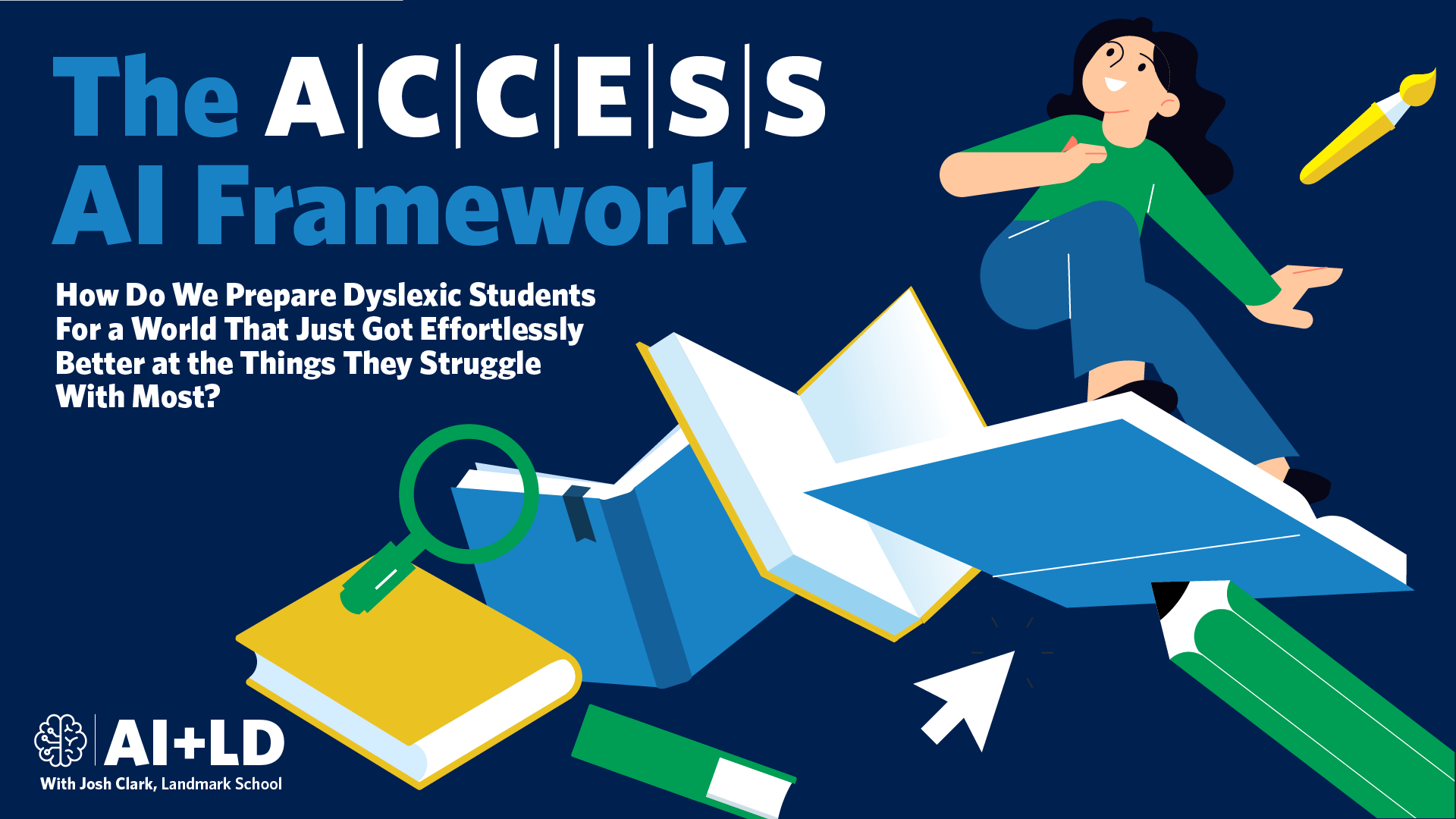
Explore how Josh Clark from Landmark School thinks about AI in the classroom through the ACCESS AI Framework. Unleash the potential of AI technology.
Posted in: Learning Disabilities, LearningLearning Disability Terms Defined and Demystified
June 5th, 2024
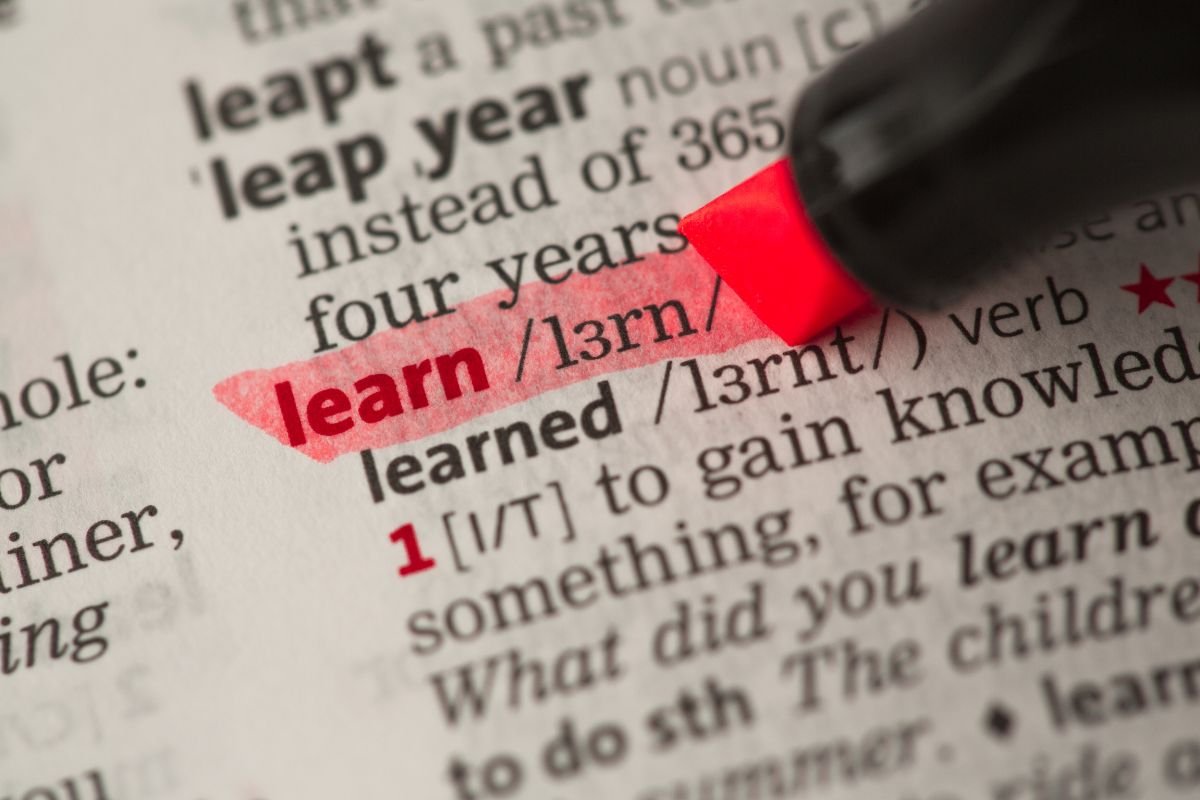
Definitions of frequently encountered terms in the world of learning disabilities.
Posted in: Learning DisabilitiesHow AI Can Play a Role in Learning to Read
January 9th, 2024
"Instead, the magic of teaching lies in creating the conditions for students to wrestle with how what they believe to be true about the world intersects with, and helps them make sense of, the curriculum. This is where I think tools like ChatGPT can be most helpful: offering teachers enough backgrou... Posted in: Learning Disabilities
Posted in: Learning Disabilities5 Questions to Ask When Visiting an LD School
November 7th, 2023

Discover the best approach to tackle a school visit for students with learning disabilities.
Posted in: Learning DisabilitiesBenefits of Specialized Schools for Dyslexia
October 25th, 2023

Discover the transformative alternative of specialized schools for dyslexia and other specific learning disabilities (SLD) that harness the power of learning differently.
Posted in: Learning DisabilitiesDyslexia: A Guidebook Blog Series
April 19th, 2023
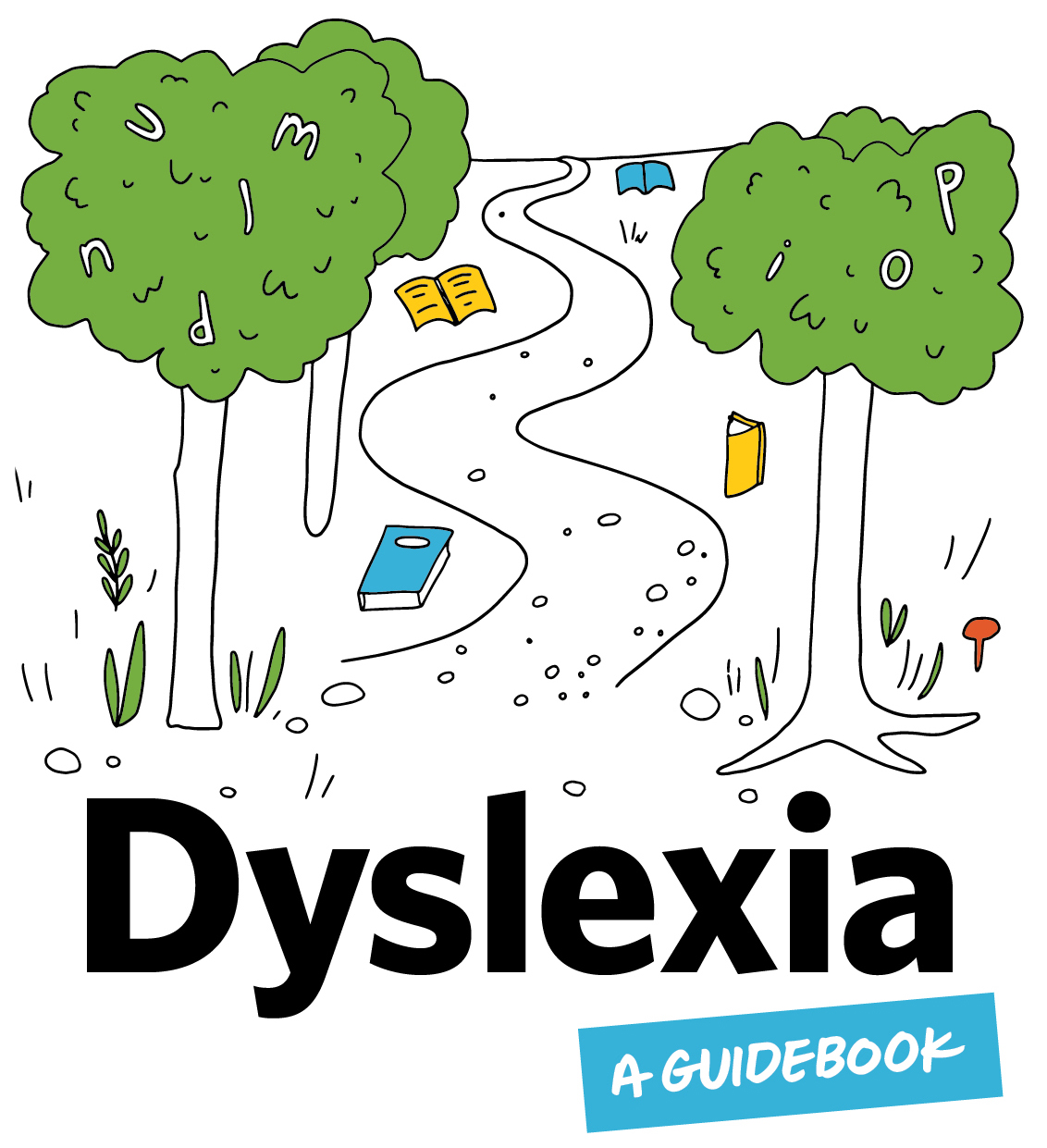
Landmark School's blog series on navigating the gifts and challenges of living with dyslexia at school, home, and work.
Posted in: Learning DisabilitiesDyslexia: A Primer
April 12th, 2023
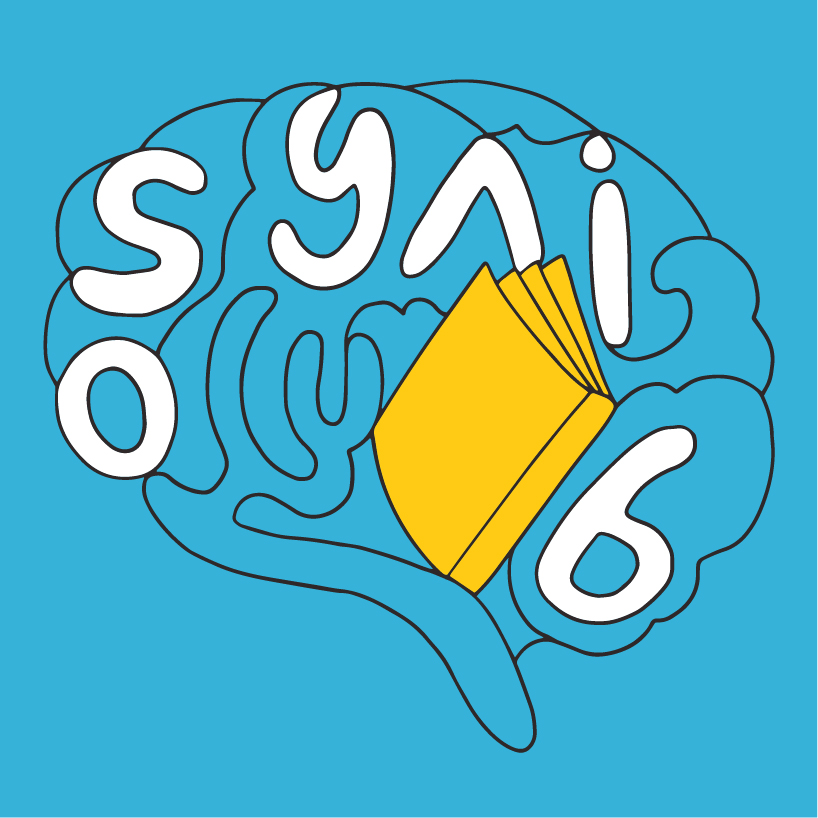
Learn the basics about dyslexia. This article is part of the Dyslexia Guidebook series.
Posted in: Learning DisabilitiesDyslexia at School
April 5th, 2023

Supporting your student with dyslexia.
This article is a part of the Dyslexia Guidebook series.Posted in: Learning DisabilitiesDyslexia at Home
March 29th, 2023

Ways to support people with dyslexia at home.
This article is a part of the Dyslexia Guidebook series.Posted in: Learning DisabilitiesDyslexia at Work
March 21st, 2023

Tips and strategies for dyslexia in the workplace. This article is part of the Dyslexia Guidebook series.
Posted in: Learning DisabilitiesHelping Struggling Readers
January 17th, 2023

As a parent, realizing your child is struggling can be emotional. Take a deep breath. There are lots of resources available to you. This article talks about several popular programs, what you should look for in a reading program, and other resources.
Posted in: Learning DisabilitiesThe (Dis)advantage: A Dyslexic Voice in the Workplace
October 21st, 2022

Having dyslexia allows people to see the world differently and can be advantageous in the workplace.
Posted in: Learning DisabilitiesDyslexia and Public Schools: Where Do We Go from Here?
January 26th, 2022
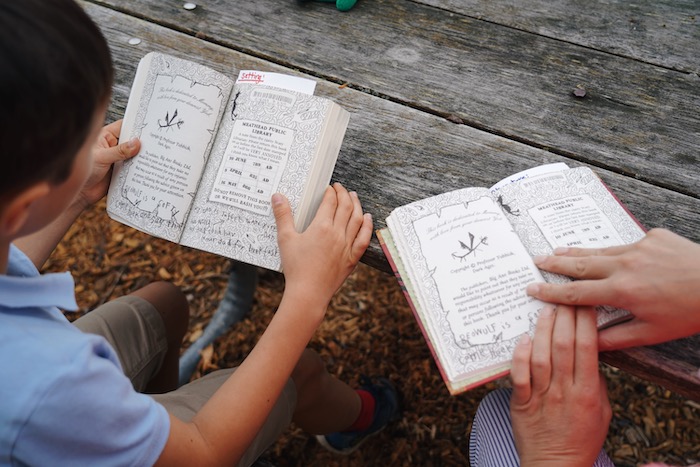
Read about key strategies that can make a meaningful impact on lives of students with dyslexia in the school system.
Posted in: Learning DisabilitiesNeuropsychological and Educational Testing: Seeking Help Without Breaking the Bank
October 28th, 2021
By Nathan Doty, Ph.D., and Brian Willoughby, Ph.D.Comprehensive neuropsychological and/or educational testing has been touted as a gold-standard method for evaluating and diagnosing language-based learning disabilities (LBLD). However, such evaluations can be costly and, therefore, not easily access...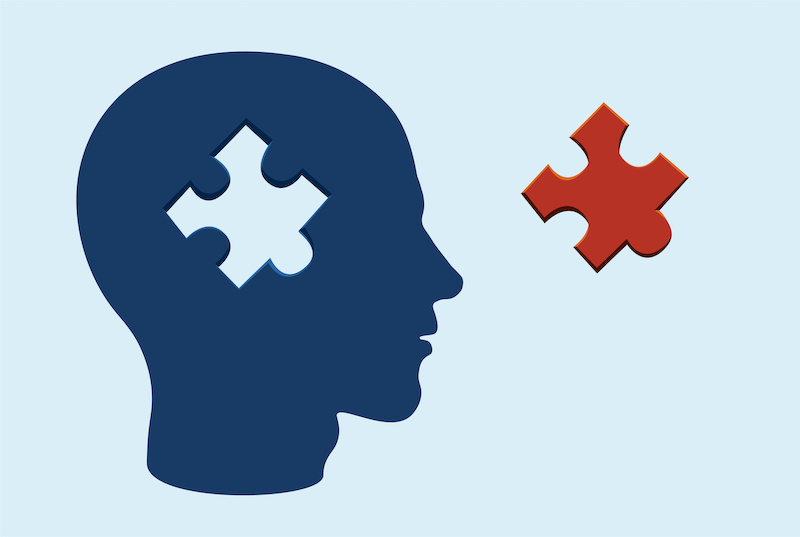 Posted in: Learning Disabilities
Posted in: Learning DisabilitiesA Guide to Early Markers of Dyslexia
March 15th, 2020
This article originally appeared on PsychologyToday.com.Along with parents and caregivers, early educators lay the foundation for children’s lifelong learning. One of their most essential roles is to provide children with a solid start in reading development.For too many children, however, reading... Posted in: Learning Disabilities
Posted in: Learning DisabilitiesWhat It’s Like to Be a Writer With Dyslexia
March 8th, 2020
"She’s lazy” and “she doesn’t work hard enough” are two sentences I’ve heard from educators on why school was difficult for me.The reality wasn’t simply that I didn’t have the resources that suited my learning style to help me reach my full potential as a student. Now, as an adult, I...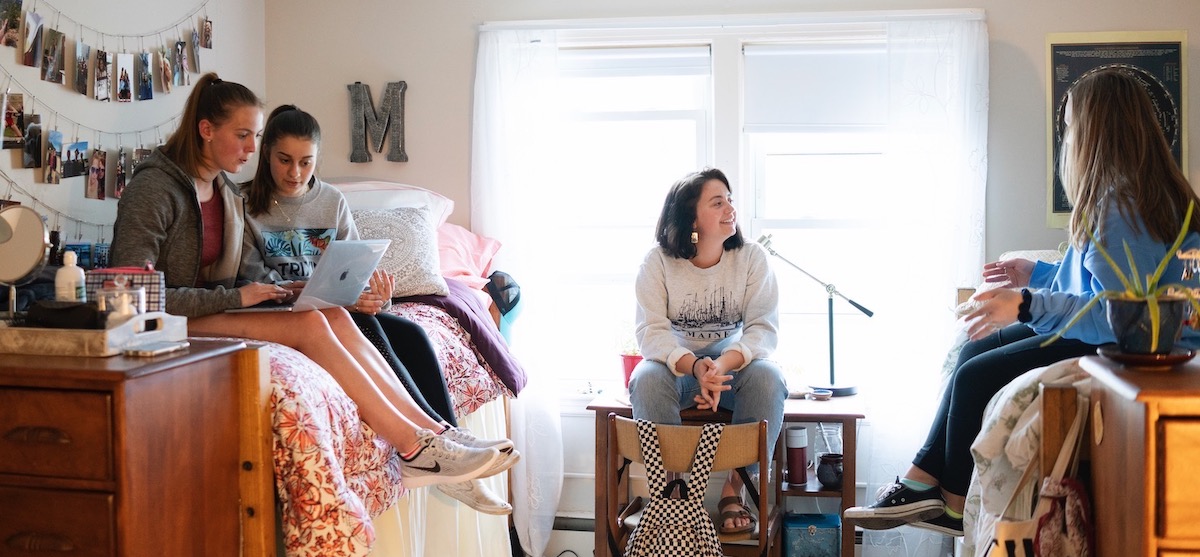 Posted in: Learning Disabilities
Posted in: Learning DisabilitiesIdentifying Students with Dyslexia
July 11th, 2019
By Donell Pons When my son was in second grade, it became apparent he was not going to read without serious intervention. His speech was not delayed, but he was completely unaware of rhyme, the sound-to-letter relationship eluded him, and almost every characteristic of letter formation... Posted in: Learning Disabilities
Posted in: Learning DisabilitiesThe Best Way to Explain Learning Disabilities to Your Child
February 11th, 2019
By Rick Lavoie, M.A., M.Ed. A parent once called my special education school to request an admissions visit for her and her son, who was struggling mightily in school. She asked a strange question in her initial phone call: “Does the school have any signs or posters displayed that ide... Posted in: Learning Disabilities
Posted in: Learning DisabilitiesAre Dyslexia-Related Expenses Tax deductible?
February 3rd, 2019
By Adam M. Domow, CPA As a certified public accountant, I’ve been asked by many parents of children with dyslexia if they can deduct on their tax returns expenses incurred on tuition, tutoring, evaluations—money spent helping their children learn. In the United States, dyslexia is ... Posted in: Learning Disabilities
Posted in: Learning DisabilitiesTips for Parents Who Suspect Their Child Has a Learning Disability
September 13th, 2018
By Ann Andrew Parents know their children better than anyone else and can usually sense if something isn’t quite right with them physically, emotionally, or academically. If you suspect that your child has a learning disability, then it’s very likely there is one. I know this from experience....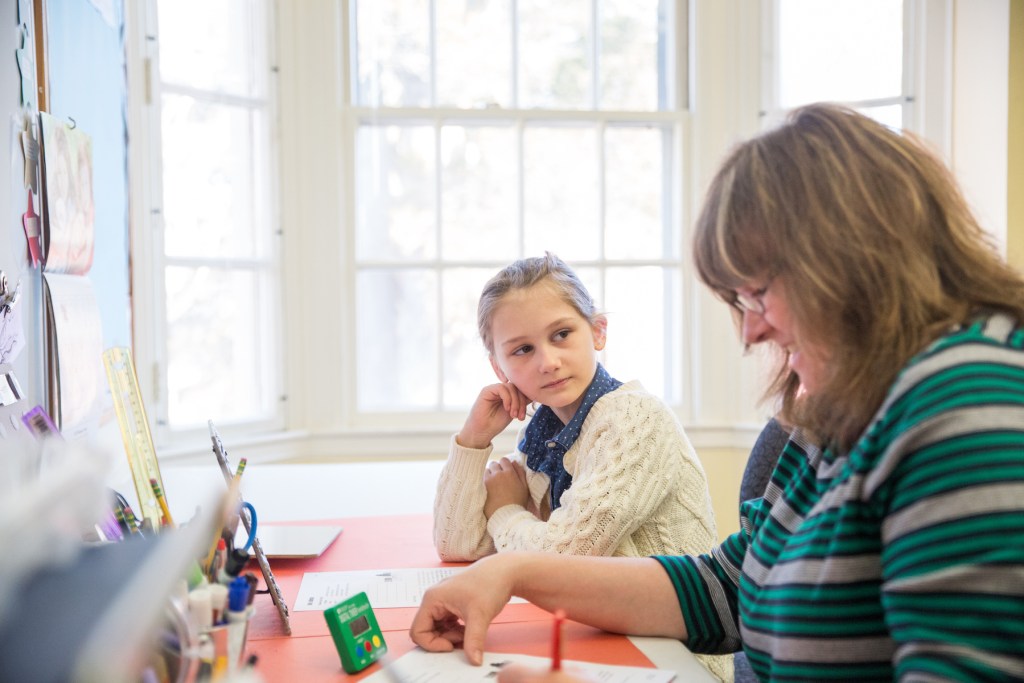 Posted in: Learning Disabilities
Posted in: Learning Disabilities5 Important Things to Do After an IEP Meeting
March 19th, 2018
This resource originally appeared on Understood.org. Reprinted courtesy of Understood.org ©2018. Understood, LLC. All rights reserved. This is one of four posts about navigating the IEP process. Read the other articles: Questions to Ask Before and During Your Child's IEP Meeting, 6 Tips to ... Posted in: Learning Disabilities
Posted in: Learning Disabilities6 Tips to Make Sure Your Child’s IEP Is Implemented Properly
March 19th, 2018
This resource originally appeared on Understood.org. Reprinted courtesy of Understood.org ©2018. Understood, LLC. All rights reserved. This is one of four posts about navigating the IEP process. Read the other articles: Questions to Ask Before and During Your Child's IEP Meeting, 5 Imp...Posted in: Learning DisabilitiesHow to Organize Your Child's IEP Binder
March 19th, 2018
This resource originally appeared on Understood.org. Reprinted courtesy of Understood.org ©2018. Understood, LLC. All rights reserved. This is one of four posts about navigating the IEP process. Read the other articles: Questions to Ask Before and During Your Child's IEP Meeting, 5 Importan... Posted in: Learning Disabilities
Posted in: Learning DisabilitiesNavigating the IEP Process: Tips for Parents
March 19th, 2018
Landmark360.org curated several articles from Understood.org that help parents navigate the often confusing, frustrating, and painstaking process of developing, implementing, and monitoring a child's IEP. Thank you to Understood.org for sharing their content. Understood.org Resources Q... Posted in: Learning Disabilities
Posted in: Learning DisabilitiesQuestions to Ask Before and During Your Child’s IEP Meeting
March 19th, 2018
This resource originally appeared on Understood.org. Reprinted courtesy of Understood.org ©2018. Understood, LLC. All rights reserved. This is one of four posts about navigating the IEP process. Read the other articles: 5 Important Things to Do After the IEP Meeting, 6 Tips to Make Sure You... Posted in: Learning Disabilities
Posted in: Learning DisabilitiesPending Dyslexia Legislation in Massachusetts
March 4th, 2018
Decoding Dyslexia Massachusetts (DD-MA) began a campaign in 2012 to raise dyslexia awareness across the state through collaboration with parents, educators, and neuroscience researchers. The effort has made steady progress in building dyslexia awareness in the parent, educator, and policy-maker com...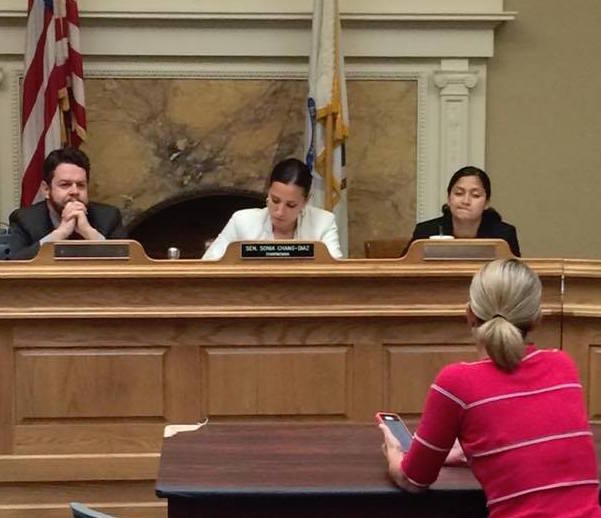 Posted in: Learning Disabilities
Posted in: Learning DisabilitiesLanguage-Based Learning Disabilities on the Homefront
November 14th, 2017
This is part five of the five-part series, What Is a Language-Based Learning Disability? After I returned from the grocery store for the third time that day because I forgot another essential ingredient for dinner, Dylan laughed and exclaimed, “Mom, I think your executive functioning... Posted in: Learning Disabilities
Posted in: Learning DisabilitiesWhat Is a Language-Based Learning Disability?
November 14th, 2017
What Is a Language-Based Learning Disability? Five Part Series Landmark360.org launched the five-part series What Is a Language-Based Learning Disability? to define and explain Language-Based Learning Disabilities (LBLD), offer tips on remediation, highlight the importance of early inte... Posted in: Learning Disabilities
Posted in: Learning DisabilitiesIt’s a Myth That Young Children Cannot Be Screened for Dyslexia
November 8th, 2017
This is part four of the five-part series, What Is a Language-Based Learning Disability? Originally published on the International Dyslexia Association website, Feb. 2017A diagnosis of developmental dyslexia in elementary school is primarily based upon a “wait-to-fail-approach.” This approach ... Posted in: Learning Disabilities
Posted in: Learning DisabilitiesHelp Your Struggling Learner: Remediation Is a Key to Success
November 1st, 2017
This is part three of the five-part series, What Is a Language-Based Learning Disability? We know that 15%–20% of the population has a Language-Based Learning Disability (LBLD), such as dyslexia, and that students with LBLDs learn differently and need to be taught differently. ... Posted in: Learning Disabilities
Posted in: Learning DisabilitiesLanguage-Based Learning Disabilities (LBLD): A Primer
October 25th, 2017
This is part two of the five-part series, What Is a Language-Based Learning Disability? Language-Based Learning Disabilities (LBLDs) refer to an array of difficulties related to the understanding or processing of both spoken and written language. The number and severity of language dif...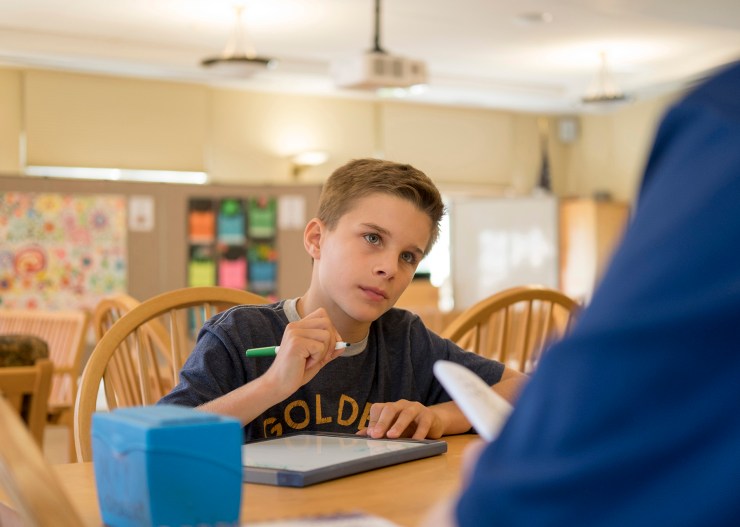 Posted in: Learning Disabilities
Posted in: Learning DisabilitiesWhat We Know About LBLD and Learning
October 16th, 2017
Part One of a Five-Part Series, What Is a Language-Based Learning Disability? We KNOW that the awareness of dyslexia and Language-Based Learning Disabilities (LBLD) began around 1900 with observations of children who appeared “normal” and could learn many things, yet were not learning to... Posted in: Learning Disabilities
Posted in: Learning DisabilitiesThe Voices of Students Like Me
August 16th, 2017
When you think about social movements that you learned about growing up, what do you remember? What do you see in your mind’s eye? For a moment, reflect on your experience when you learned about the civil rights movement. Were you sitting at your desk in a darkened history classroom, watching ... Posted in: Learning Disabilities
Posted in: Learning DisabilitiesA Letter From a Girl With a Language Based Learning Disability (LBLD)
December 6th, 2016
Being dyslexic is part of who I am. I don't hide it or neglect it. I embrace it. The academic life people with language-based learning disabilities endure and how we fight back. In second grade, I started to realize I was a pretty bad reader. I watched my friends breeze through chapter books, wh... Posted in: Learning Disabilities
Posted in: Learning DisabilitiesDyslexia: Learning Disability or Entrepreneurial Advantage?
October 12th, 2016
Having dyslexia doesn't mean you can't learn or be successful, but you may have to go about it a little differently. I was first diagnosed with dyslexia as a child, and then again 20 years later as an adult law school student. Dyslexia affects each individual a little differently, but generally ... Posted in: Learning Disabilities
Posted in: Learning DisabilitiesPainted Yellow Lines
June 8th, 2016
At Landmark School's recent commencement ceremony, graduate Matthew Pramas '16 sheds light on what it means to learn differently and reminds his classmates that it can have its advantages. I remember sitting on the swings, 11 years ago, on a beautiful spring day. My teacher let my class out to re... Posted in: Learning Disabilities
Posted in: Learning DisabilitiesDyslexia: Making Learning Relevant
May 24th, 2016
Recently, we spoke to Dean Bragonier, founder of Noticeability, a nonprofit enabling students with dyslexia to cultivate their strengths and providing tools to the adults that serve them. Dean will also be addressing our graduates and families at Landmark's 2016 commencement. What was the inspirati... Posted in: Learning Disabilities
Posted in: Learning DisabilitiesTips for Parents: Working with Your LBLD Student, Part 3
May 14th, 2016
By Gail Kent Homework: Importance and Procedures for Success Ever have difficulty figuring out how to help your child with homework? Why is homework so important anyway? Homework is used to reinforce skills and information learned during class time. It is important for students because it allows ... Posted in: Learning Disabilities
Posted in: Learning DisabilitiesTips for Parents: Working with Your Student with LBLD, Part 1
April 7th, 2016
How to get your child chatting: beyond “How was your day?” By Linda Gross, M.A., CCC-SLP It’s a fact: parents want to know about their child’s day. We want to know about their classes, their social life, and what they ate for lunch. Children with language-based learning disabilities (LBLD)... Posted in: Learning Disabilities
Posted in: Learning DisabilitiesThe Power of Self-Expression
March 23rd, 2016
By Kimberly Hildebrandt as the summation of an interview with Beth Jamieson In March, the Boston Globe announced its Scholastic Art Awards. I was blown away by the technical skill and visual expression, but even more so for the depth conveyed through the art. I was particularly struck by an emoti... Posted in: Learning Disabilities
Posted in: Learning DisabilitiesNew Guidelines, Standardized Test Accommodations
January 11th, 2016
By Janet Thibeau For years, students with disabilities have been denied accommodations when taking the LSAT exam, even when they’ve submitted the proper paperwork. This year, that’s changed, and not just for the LSAT, but for all national standardized tests. This ruling has far-r... Posted in: Learning Disabilities
Posted in: Learning DisabilitiesLeveling the Playing Field for Kids with Dyslexia
November 12th, 2015
By Barbara L’Italien Children with dyslexia often go without the essential support they need in order to succeed in our traditional public schools. Although research shows that when students with dyslexia get the method of instruction early in their educational careers they frequently become very... Posted in: Learning Disabilities
Posted in: Learning DisabilitiesMaking Time to Create Change
October 5th, 2015
By Nicole Mitsakis "You have to do the right thing...You may never know what results come from your action. But if you do nothing, there will be no result." —Mohandas K. Gandhi The quote above explains the very personal and passionate commitment I have to establishing Decoding Dyslexia in Massac... Posted in: Learning Disabilities
Posted in: Learning DisabilitiesKeeping Mathematics Accessible to All Students
June 8th, 2015
By: Mark Drago. This post was previoulsy published in Young Teachers Collective. I know this is an article about mathematics education, but let me start with a poem: Zimmer’s Head Thudding Against the Blackboard, by Paul Zimmer At the blackboard I had missed Five... Posted in: Learning Disabilities
Posted in: Learning DisabilitiesThe Connection Between Executive Function and Social Communication Skills
May 10th, 2015
By Linda Gross, M.A., CCC-SLPMuch has been written and discussed in recent years about Executive Function (EF) challenges faced by students diagnosed with a language-based learning disability (LBLD). Also in the forefront are conversations amongst educators, speech/language pathologists (SLPs), and... Posted in: Learning Disabilities
Posted in: Learning DisabilitiesMeditation Is Happening in School
April 7th, 2015
By Amy Ballin, LICSW, Ph.D. In college, I first tried meditation with the hope that it would ease my stress. I went to a workshop and learned how to meditate. It seemed easy enough. I understood that all I had to do was repeat a word or phrase over and over again in my head and that was mediat... Posted in: Learning Disabilities
Posted in: Learning DisabilitiesAn Interview with Vanessa Rodriguez
March 24th, 2015
Dr. Jessie Voigts from Wandering Educators recently reviewed Landmark360 expert blogger Vanessa Rodriguez’s latest release, The Teaching Brain: An Evolutionary Trait at the Heart of Education. Below you will find a brief review and interview with the author. “Let me tell you about “The Teach... Posted in: Learning Disabilities, Teaching
Posted in: Learning Disabilities, TeachingDisability Discrimination
March 2nd, 2015
By Angela M. Timpone Last fall, while I watched the Norwich University football team win 19–9 against Gallaudet University, I overheard words like “dumb,” “stupid,” and “retard” from NU spectators. These words weren't comments on the Gallaudet players’ performance. The derogatory... Posted in: Learning Disabilities
Posted in: Learning DisabilitiesBridging Brain Research and Dyslexia Awareness
October 21st, 2013
Submitted by Nadine Gaab, PhD., and Elizabeth Norton, PhD. As scientists who study reading difficulties and developmental dyslexia, we hope that one day, we will be out of business. That is, we hope that one day, we will all understand the causes of reading difficulties, be able to identify ... Posted in: Learning Disabilities
Posted in: Learning DisabilitiesMaking Handprints: A Summer In Baranovo
September 2nd, 2013
By Erin D'Agostino During my time teaching at Landmark, I was struck by one aspect of the school that went above and beyond classroom material and educational skills: the Landmark Community. Landmark has created an environment in which students are accepted for who they are and what they are capabl... Posted in: Learning Disabilities
Posted in: Learning Disabilities





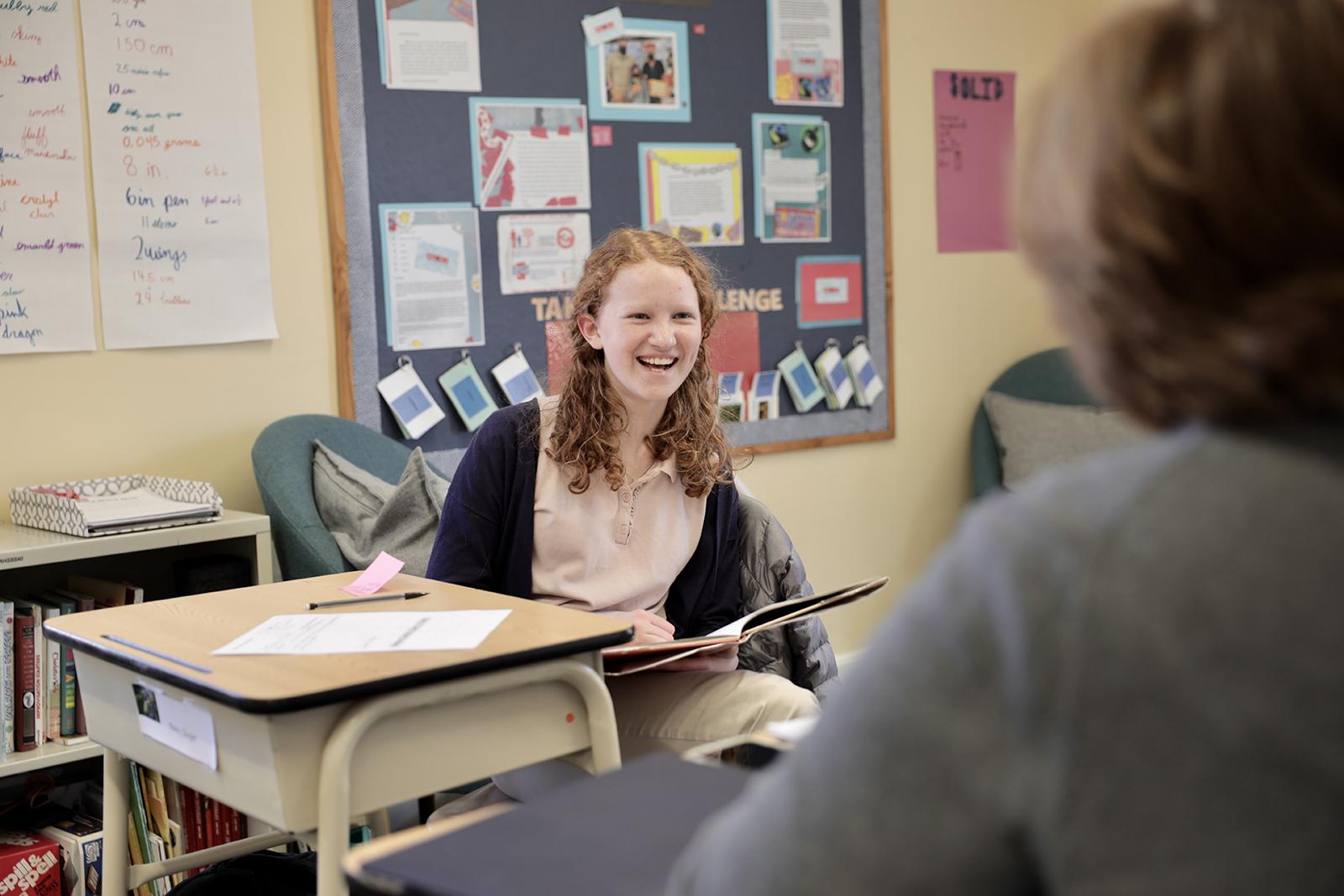
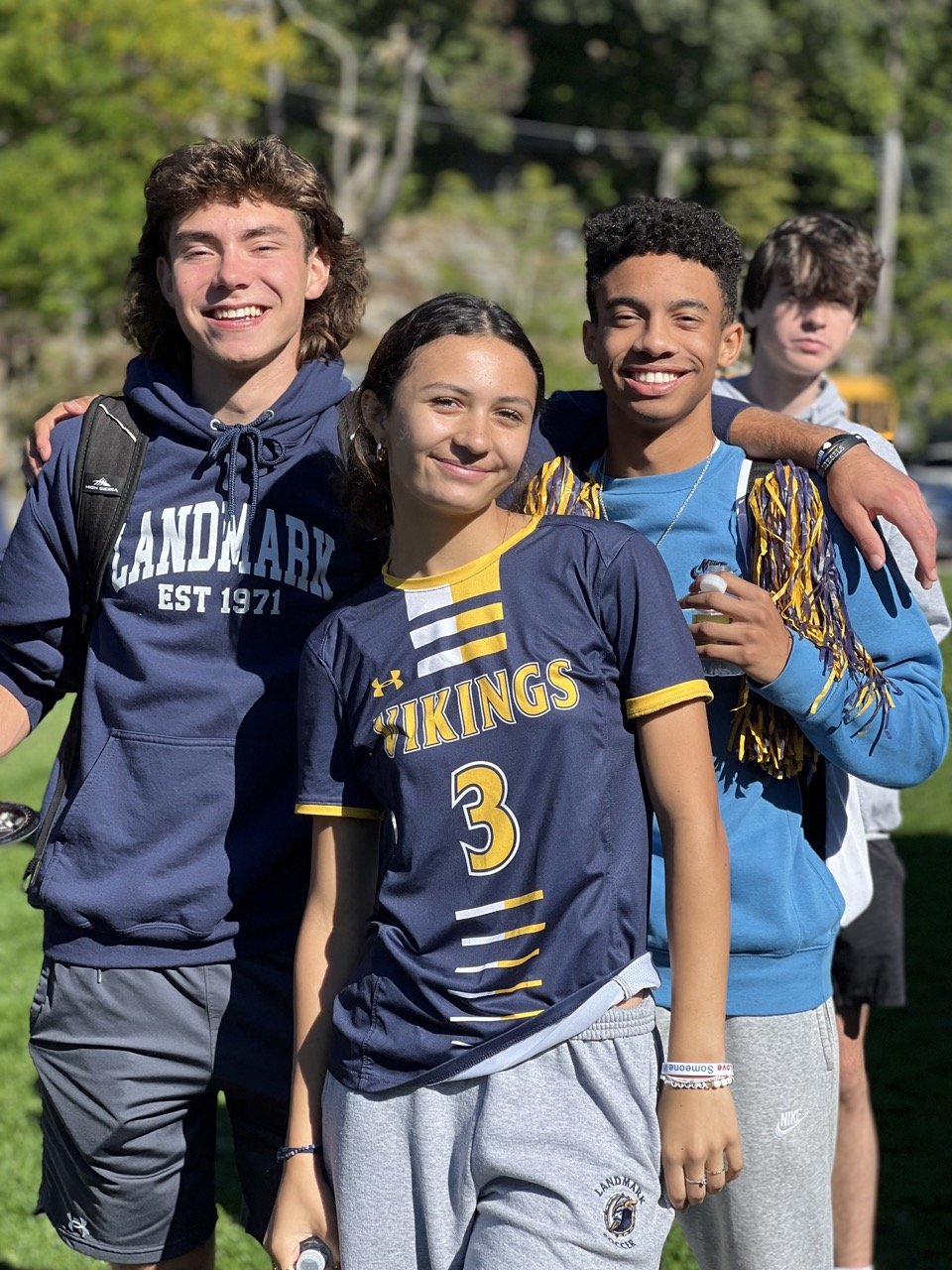

.jpg?v=1652115432307)















